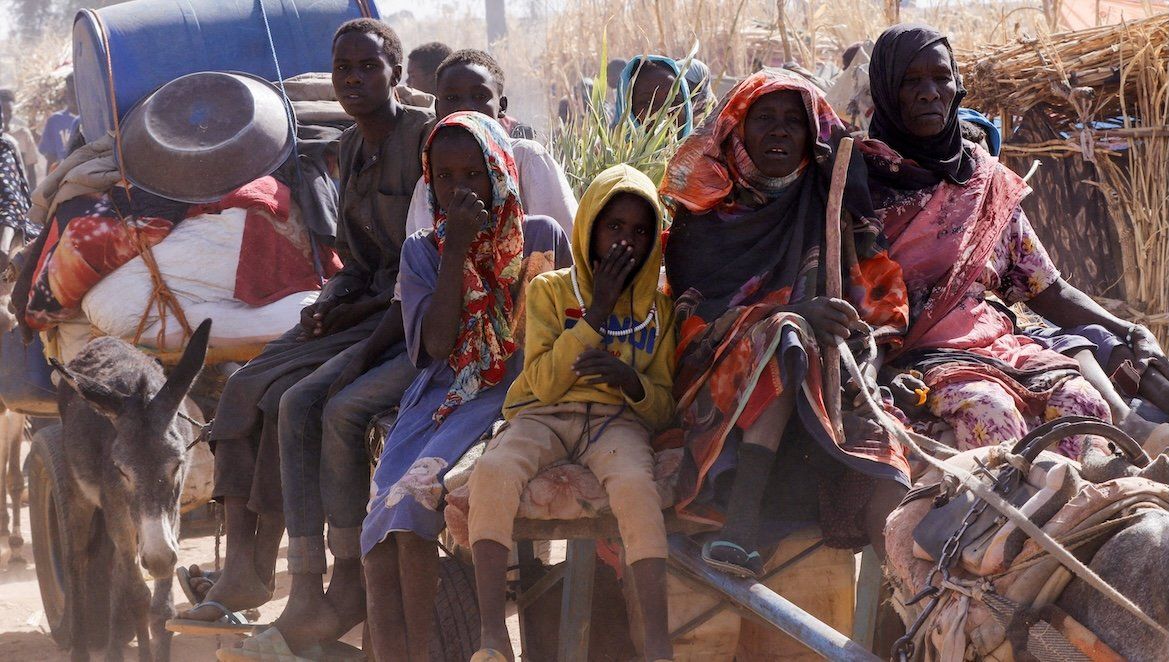The International Court of Justice on Monday rejected Sudan’s claims that the United Arab Emirates had violated the Genocide Conventions by allegedly supplying arms to the Rapid Support Forces, a rebel paramilitary group involved in ethnic violence in Darfur.
What’s happening in Darfur? A vicious civil war, one that reached the two-year mark last month, has ripped Sudan to shreds. Darfur has seen the worst of the war, with the RSF allegedly committing genocide there. This latest ethnic-cleansing effort is separate from the one that took place in the region between 2003 and 2005, but RSF leader Mohamed Hamdan Dagalo, nicknamed “Hemeti,” has been involved in both.
As for the legal case. The Sudanese government claimed that the UAE helped supply weapons to the RSF in Darfur, but the court rejected this. Some UN experts and US lawmakers believe there is evidence, though, that the Emirati nation has played a role.
Nowhere is safe. Sudan’s civil war keeps chugging along. The RSF launched strikes on a military airport near Port Sudan on Sunday, according to the Sudanese army. The rebel group didn’t confirm the attack. Prior to the strikes, Port Sudan had been considered one of the safest places in the country.
What’s next? A slew of world leaders gathered in London three weeks ago to discuss the war and
renew calls for peace, yet there continues to be a stalemate as each side trades blows. The government army seized control of the capital Khartoum in
late March, but the RSF snatched Al Nahud, a strategic town in west Sudan,
last week. In retrospect, the calls for peace in the UK capital were in hope rather than expectation. The question now is whether either side can gain enough ground to force negotiations — or whether the international community will apply pressure to bring them to the table.
